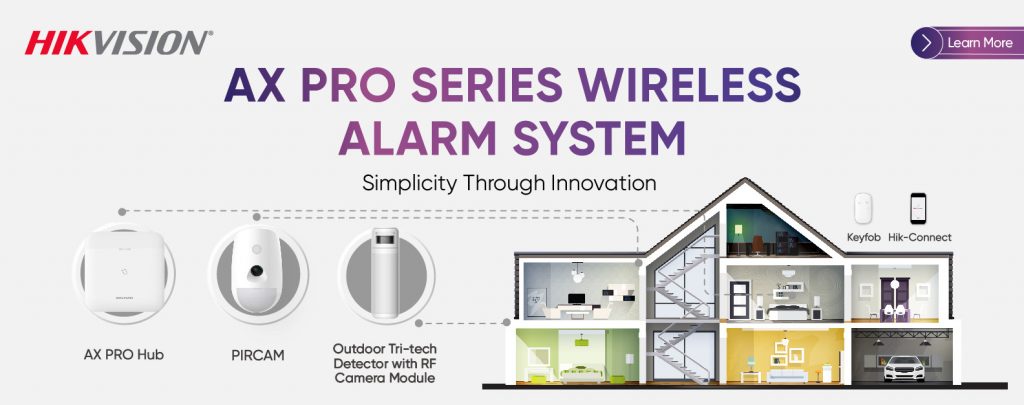CCTV Policy Best Practices: What Australian Schools Should Include Leave a comment
Installing CCTV cameras is just the first step — having a clear, well-communicated policy is equally important for Australian schools. Without it, schools risk misusing footage, violating privacy laws, or undermining trust with families and staff. Here are the best practices every school should follow when developing a CCTV policy.
Why a CCTV Policy Matters
A documented policy ensures that everyone understands:
- The purpose of CCTV in the school
- Where cameras are and are not installed
- Who can access footage
- How footage is stored, used, and disposed of
It also helps schools comply with Australian privacy laws and build trust by being transparent with the school community.
Key Elements of a School CCTV Policy
✅ Clear Objectives – State why CCTV is used (e.g., to enhance safety, deter vandalism, and protect property). Make it clear that it is not for unnecessary monitoring.
✅ Appropriate Placement – Specify where cameras are installed and, just as importantly, where they are not (e.g., no cameras in toilets, change rooms, or private staff areas).
✅ Notification and Signage – Inform everyone that cameras are in use with visible signs and notices to parents, staff, and visitors.
✅ Footage Access Control – Define who is authorised to view footage and under what circumstances (e.g., school leadership, police in case of an investigation).
✅ Data Retention Policy – Outline how long footage is kept before being securely deleted, in line with privacy principles.
✅ Incident Response Procedure – Describe what steps are taken when footage reveals an incident, and how evidence is preserved.
✅ Privacy Protections – Include measures to safeguard the identity and privacy of students and staff.
Engaging the School Community
Before implementing or updating your policy, involve key stakeholders:
- Consult staff, parents, and school council members
- Address concerns and incorporate feedback
- Communicate the final policy clearly and make it readily available
Final Thoughts
A strong CCTV policy complements good equipment and practices by setting clear expectations and ensuring ethical use. By following these best practices, schools can maintain a safe, respectful environment for everyone.



















